Home
George Powe 1926-2013: a public figure, a private man
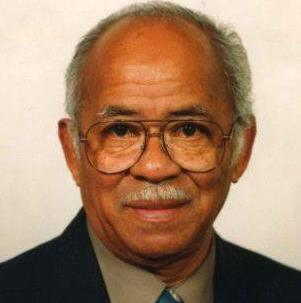
Oswald George Powe, always known as George, was born in Kingston, Jamaica, on August 11, 1926. At the age of 17 he volunteered to join the RAF, serving as a radar operator in Cornwall and Devon until 1948. He then settled in the UK, working as an electrician and subsequently as a mathematics teacher. He was a lifelong socialist and a true comrade who fought against colonialism and racism, and strove for equality and respect for the African-Caribbean community. He helped an enormous number of people to achieve their rights. For this, as well as his public service, he earned the undying respect of his fellow Jamaicans as well as members of the host community. He died on September 9, 2013, aged 87.
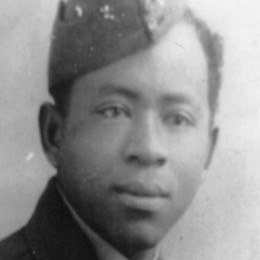
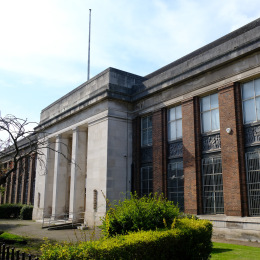

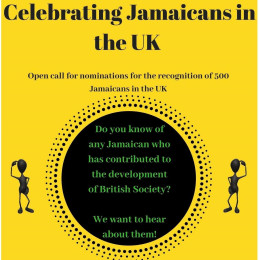
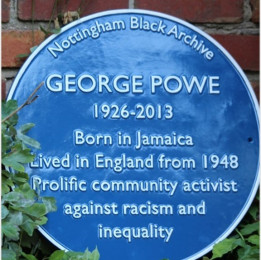

"Mr. Powe was an admirable person and an outstanding community leader and Counsellor. His deep sense of fair play, hard work and determination has made Nottingham a more welcoming place.... Mr. Powe was loved and respected by so many and … his life served as a real inspiration to an entire generation....” Aloun Ndombet-Assamba, Jamaican High Commissioner to the United Kingdom 2012-2016
“George was a key part of the glue that linked Afro-Caribbean and Asian communities into the mainstream of politics. [He] never lost sight of the importance of connecting big picture and small picture politics into a single vision.” Alan Simpson, community activist, former Labour Party Member of Parliament, Nottingham South 1992-2010
“It is through narratives like George’s that we know that the ‘British’ did not stand alone against the might of Hitler’s Germany. He was instrumental in advising and often advocating for many Jamaicans on immigration matters.” Panya Banjoko, performance poet, writer, and founder of Nottingham Black Archive
"To truly understand our city and our society today requires that we understand the role that George and the people who struggled alongside him played. But the stories and achievements of Black people have been under-represented in the telling of our history. We have to put that right.” Nadia Whittome, Nottingham East Member of Parliament
The documents, images, and transcripts in this archive speak mainly for themselves. Wherever possible I have included copies of original documents, but in some cases the original typeface, sometimes from a carbon copy of typed text, was difficult to read, and so appear as transcriptions. At various points it has been necessary for me to add comments, explanations, or content which resides only in my memory. These entries are shown using green italics.
Jill Westby (his widow)
Next: Jamaican Childhood